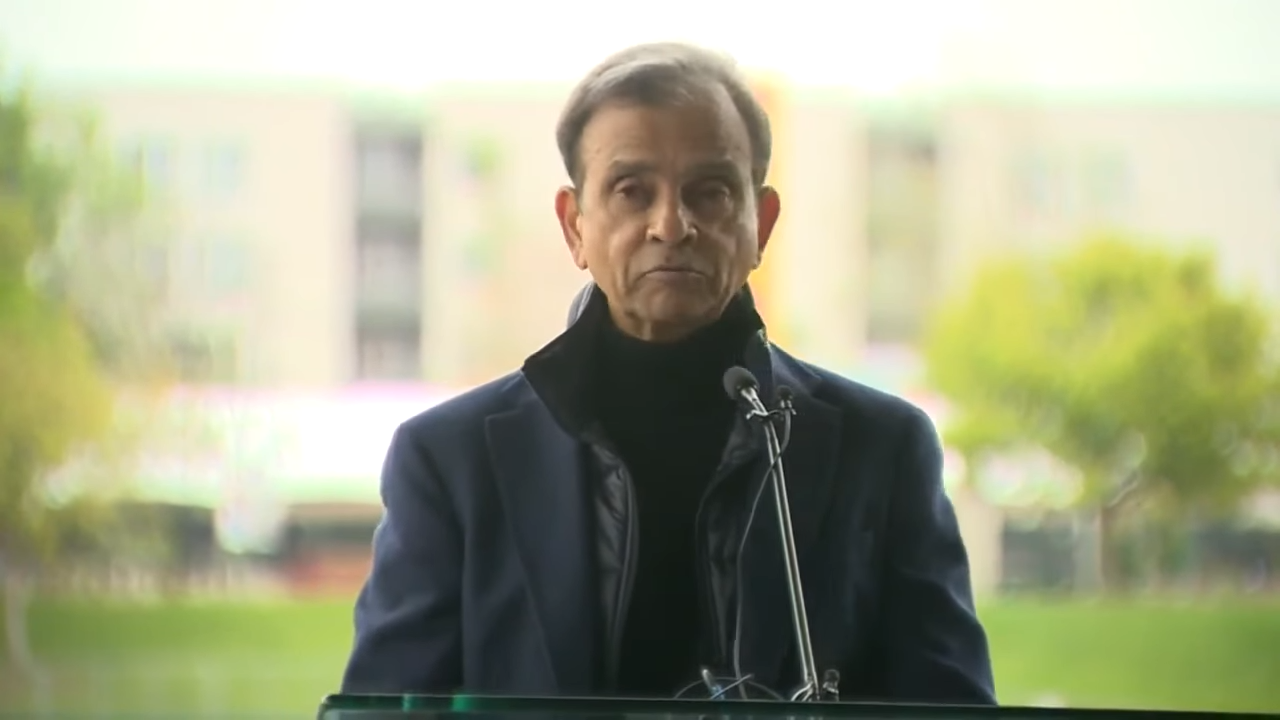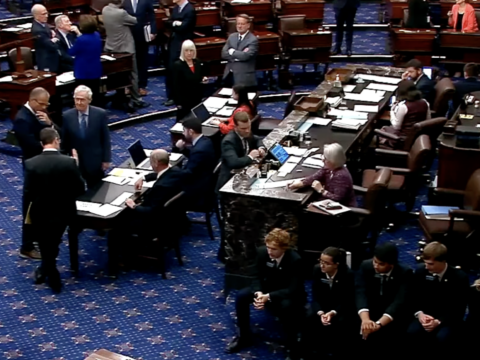SACRAMENTO, Calif. (Diya TV) — By early February, as the MLB scheduling deadline for 2025 approached, the Oakland A’s explored various options for a temporary home, including Sacramento, Salt Lake City, and even their Triple-A stadium in Las Vegas. Despite the city of Oakland moving forward with leases for other teams, the A’s reached out in mid-February, initiating discussions that ultimately led to a series of tense negotiations.
In the ensuing meetings between the A’s and Oakland representatives, including A’s president Dave Kaval and Oakland chief of staff Leigh Hanson, significant obstacles emerged. The city proposed a five-year lease with a $97 million extension fee, reflecting the costs associated with the A’s potential relocations and the value of their existing broadcast rights. However, Kaval deemed this proposal untenable, leading to further impasse.
As negotiations progressed, Sacramento emerged as a viable alternative, with discussions intensifying in parallel. Despite the A’s never presenting a formal offer sheet, Sacramento became increasingly favored, prompting Oakland to reassess its terms. After Oakland revised its offer to a three-year lease with a reduced extension fee of $60 million, negotiations reached a critical juncture.
Ultimately, the A’s decision to choose Sacramento over Oakland was influenced by several factors, including the pressing MLB scheduling timeline and uncertainties surrounding the A’s future ballpark in Las Vegas. With Sacramento positioned as a temporary solution, the A’s created an urgent timeline that disadvantaged Oakland in negotiations, leading to the team’s eventual departure.
Meanwhile, in Sacramento, logistical challenges remain as preparations are made to accommodate the A’s at Sutter Health Park. Despite uncertainties, Sacramento officials and stakeholders expressed optimism, envisioning a mutually beneficial arrangement with potential long-term implications for the city’s sporting landscape.
As the A’s embark on this new chapter in Sacramento, questions linger about the team’s future and its ability to reconcile with a fan base disillusioned by recent developments. While the transition to Sutter Health Park offers opportunities for reflection and community engagement, significant challenges lie ahead as the A’s navigate their temporary home and prepare for eventual relocation to Las Vegas.
The saga underscores the complexities of professional sports negotiations and the enduring impact of franchise relocations on communities and stakeholders. As the A’s bid farewell to Oakland and embark on their Sacramento journey, the repercussions of their decisions reverberate across both local and national landscapes, shaping perceptions of ownership, accountability, and the evolving dynamics of professional sports.




